Cascale Expands Manufacturer Climate Action Program
3BL Media
OCTOBER 3, 2024
As an integral part of the Decarbonization Program, MCAP welcomes Cascale members and non-members alike. The organization recently released a data-driven decarbonization roadmap showing that 1,500 manufacturing facilities in nine countries account for 80% of the textile, apparel, and footwear industry’s carbon emissions.

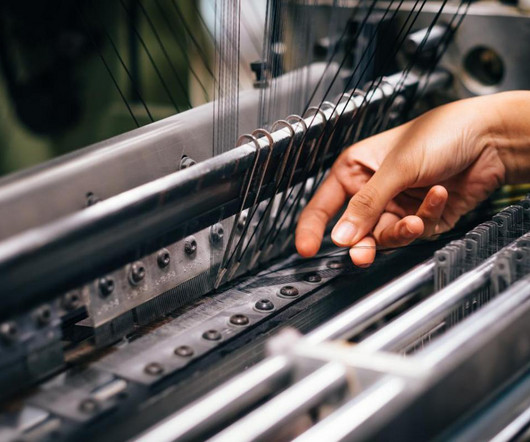
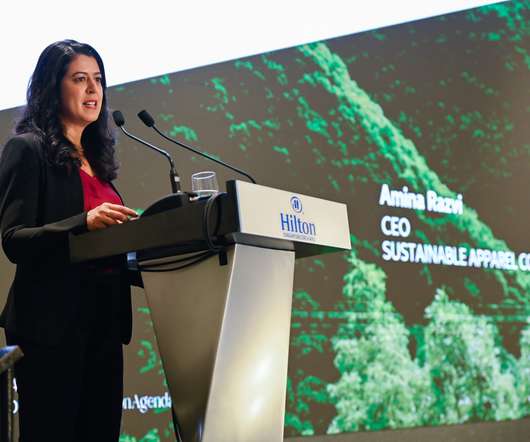
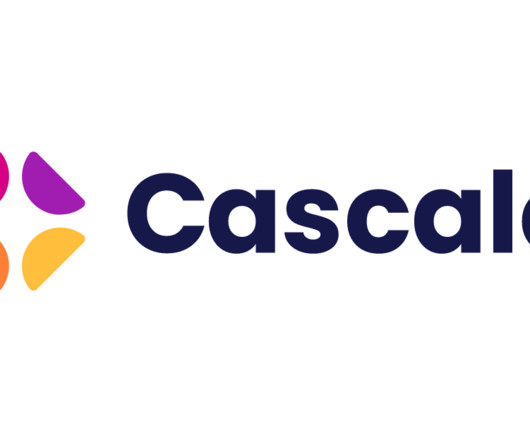

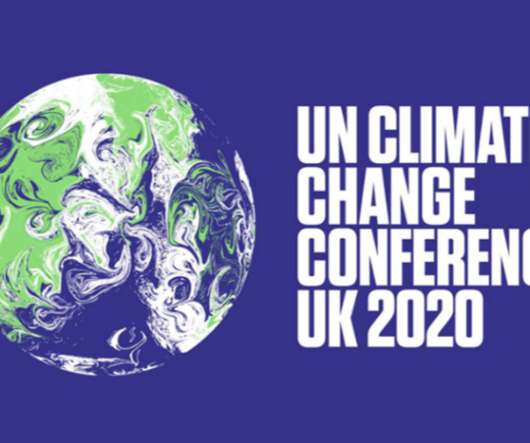
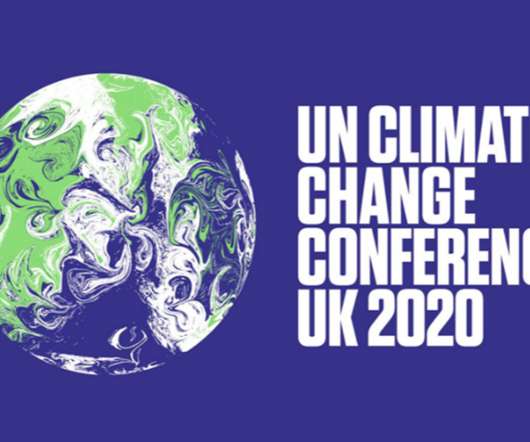
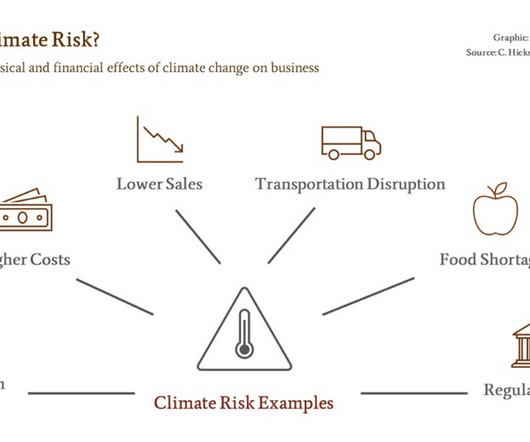


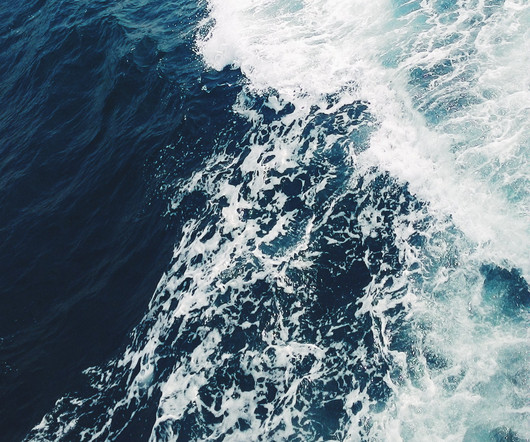






Let's personalize your content